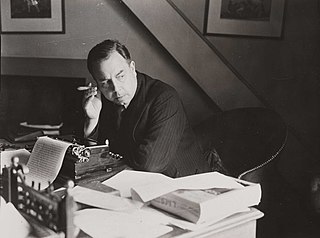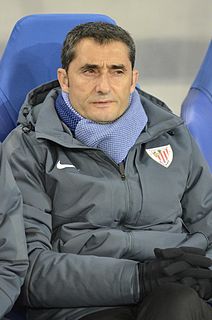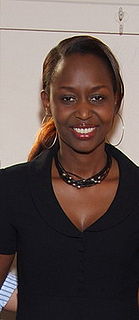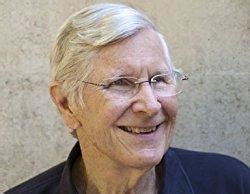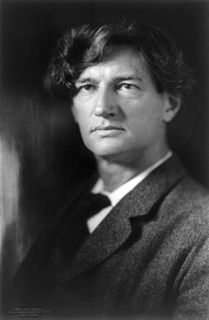A Quote by J. B. Priestley
Childhood, catching our imagination when it is fresh and tender, never lets go of us.
Related Quotes
So much of our early gladness vanishes utterly from our memory: we can never recall the joy with which we laid our heads on our mother's bosom or rode on our father's back in childhood; doubtless that joy is wrought up into our nature, as the sunlight of long-past mornings is wrought up in the soft mellowness of the apricot; but it is gone forever from our imagination, and we can only believe in the joy of childhood.
I believe this is a mistake a great many of us are making; we are trying to do God's work with the grace God gave us ten years ago. We say, if it is necessary, we will go on with the same grace. Now, what we want is a fresh supply, a fresh anointing and fresh power, and if we seek it, and seek it with all our hearts, we will obtain it.
Meditation accepts us just as we are-in both our tantrums and our bad habits, in our love and commitments and happiness. It allows us to have a more flexible identity because we learn to accept ourselves and all of our human experience with more tenderness and openness. We learn to accept the present moment with an open heart. Every moment is incredibly unique and fresh, and when we drop into the moment, as meditation allows us to do, we learn how to truly taste this tender and mysterious life that we share together.
In childhood our credulity serves us well. It helps us to pack, with extraordinary rapidity, our skulls full of the wisdom of our parents and our ancestors. But if we don't grow out of it in the fullness of time, our ... nature makes us a sitting target for astrologers, mediums, gurus, evangelists, and quacks. We need to replace the automatic credulity of childhood with the constructive skepticism of adult science.
Though our brother is upon the rack, as long as we ourselves are at ease, our senses will never inform us of what he suffers. They never did and never can carry us beyond our own persons, and it is by the imagination only that we form any conception of what are his sensations...His agonies, when they are thus brought home to ourselves, when we have this adopted and made them our own, begin at last to affect us, and we then tremble and shudder at the thought of what he feels.
...I came to realize that God never shows us something we aren't ready to understand. Instead, He lets us see what we need to see, when we need to see it. He'll wait until our eyes and hearts are open to Him, and then when we're ready. He will plant our feet on the path that's best for us. . . but it's up to us to do the walking.
